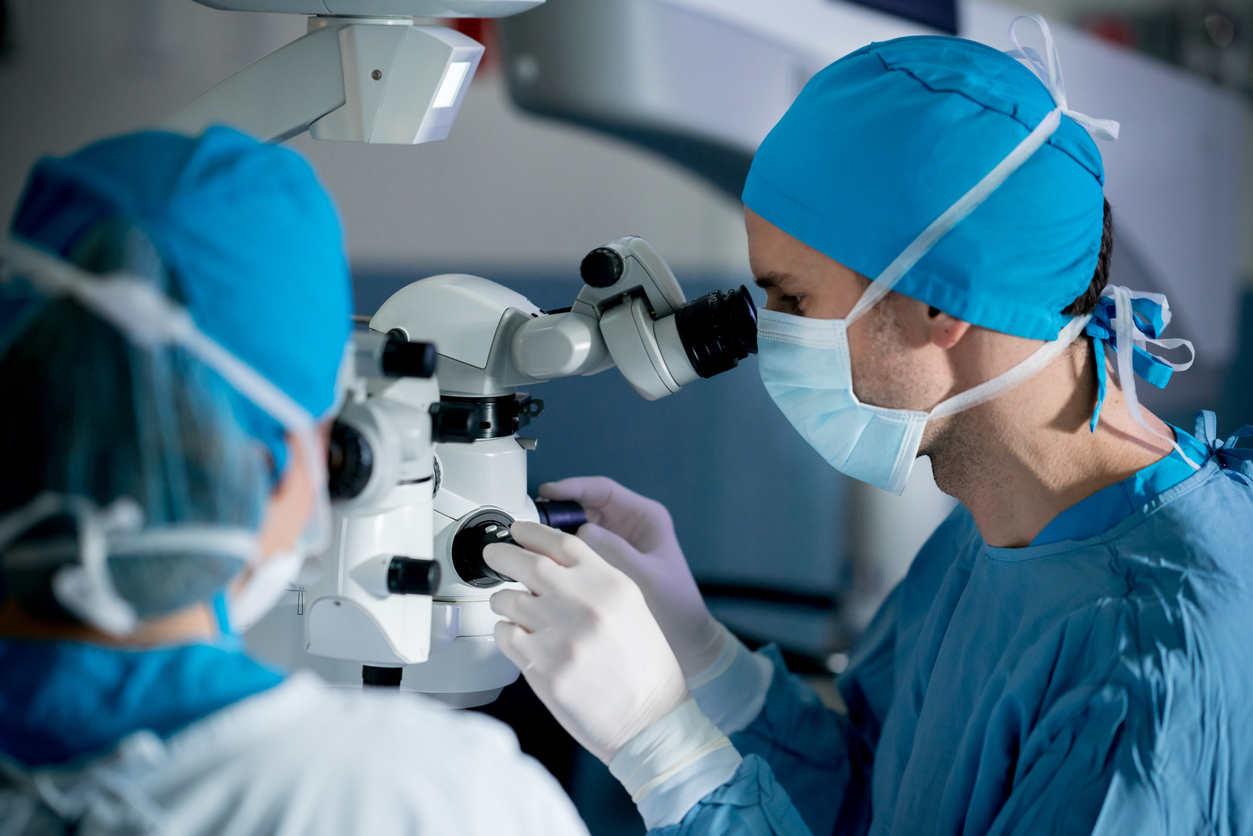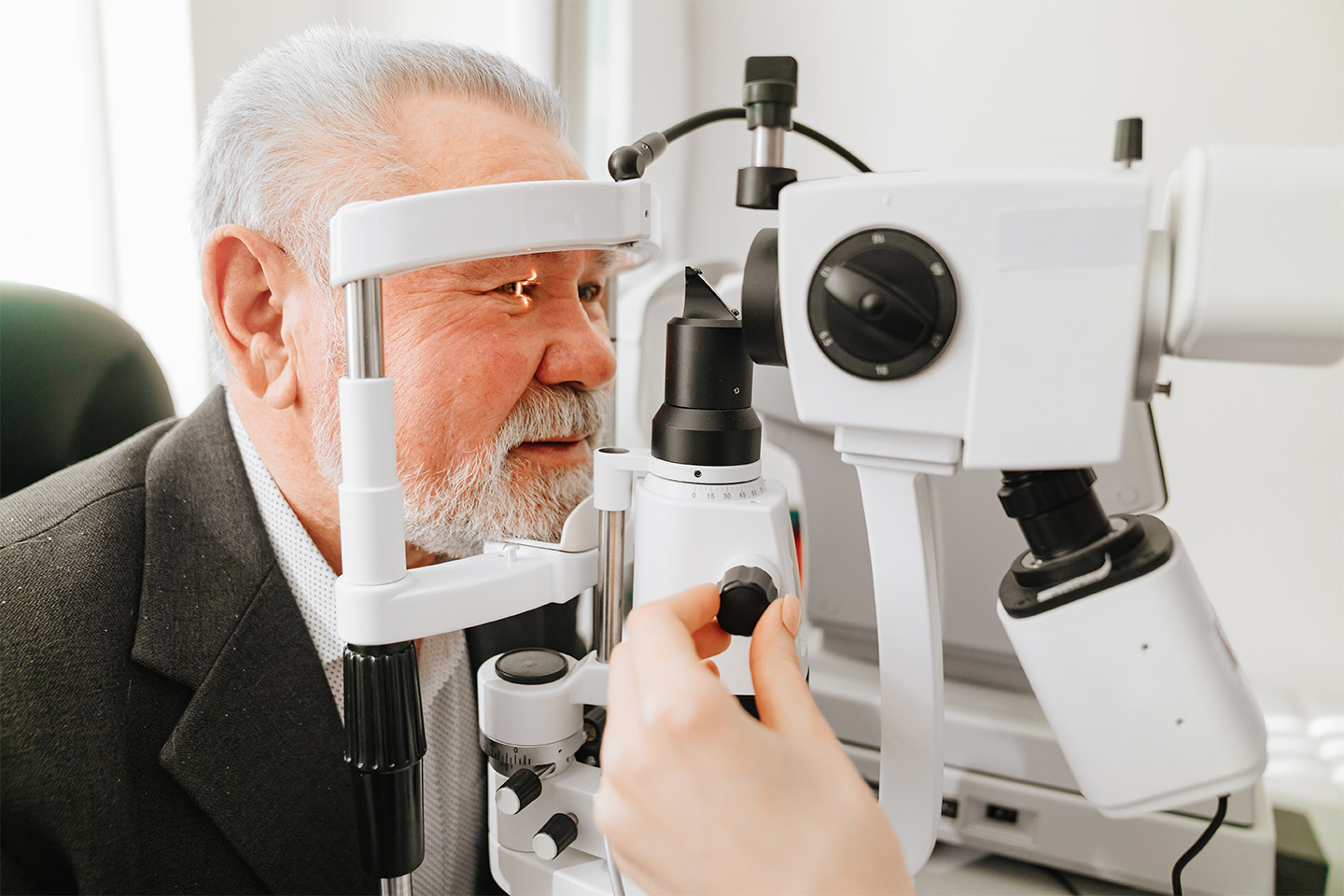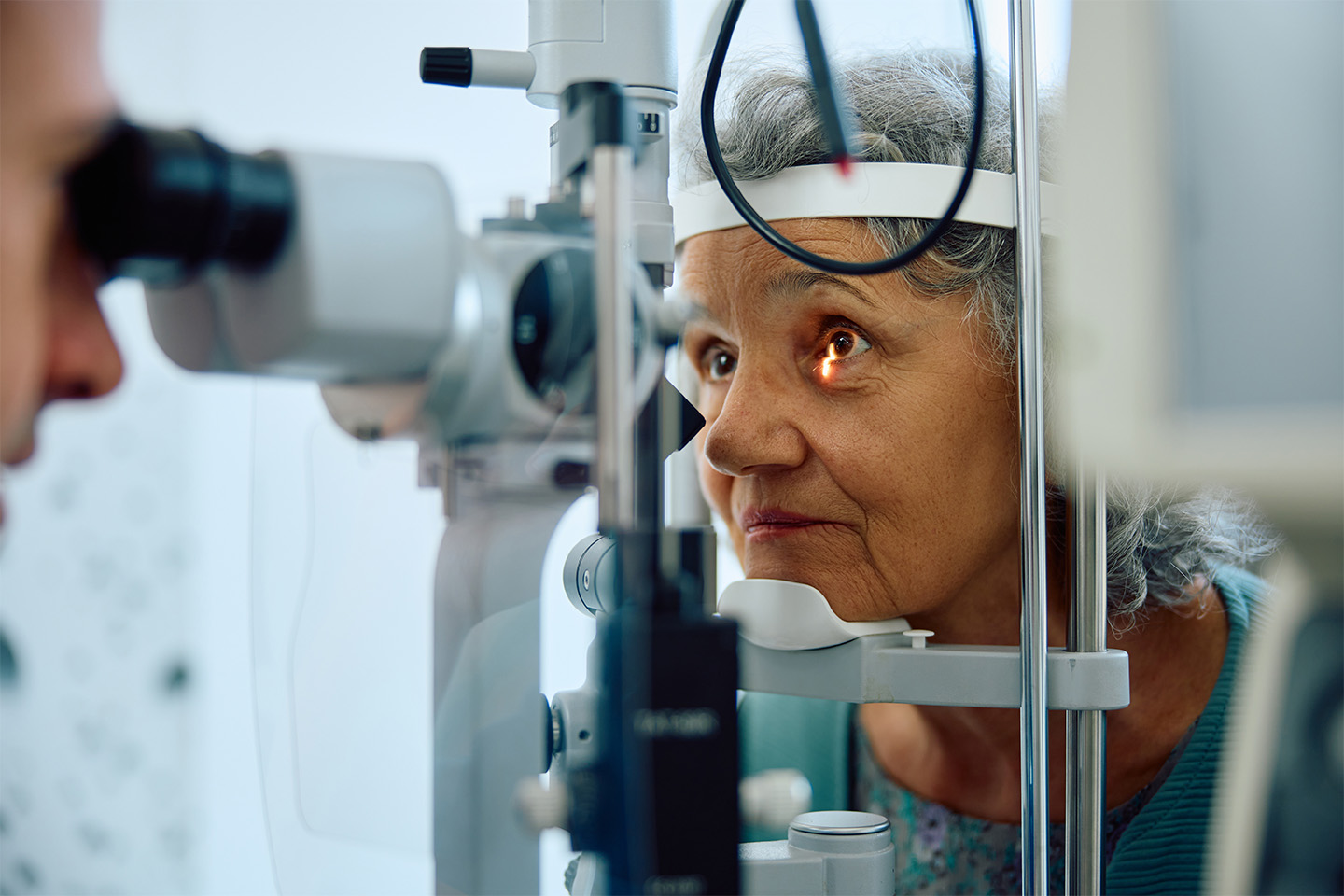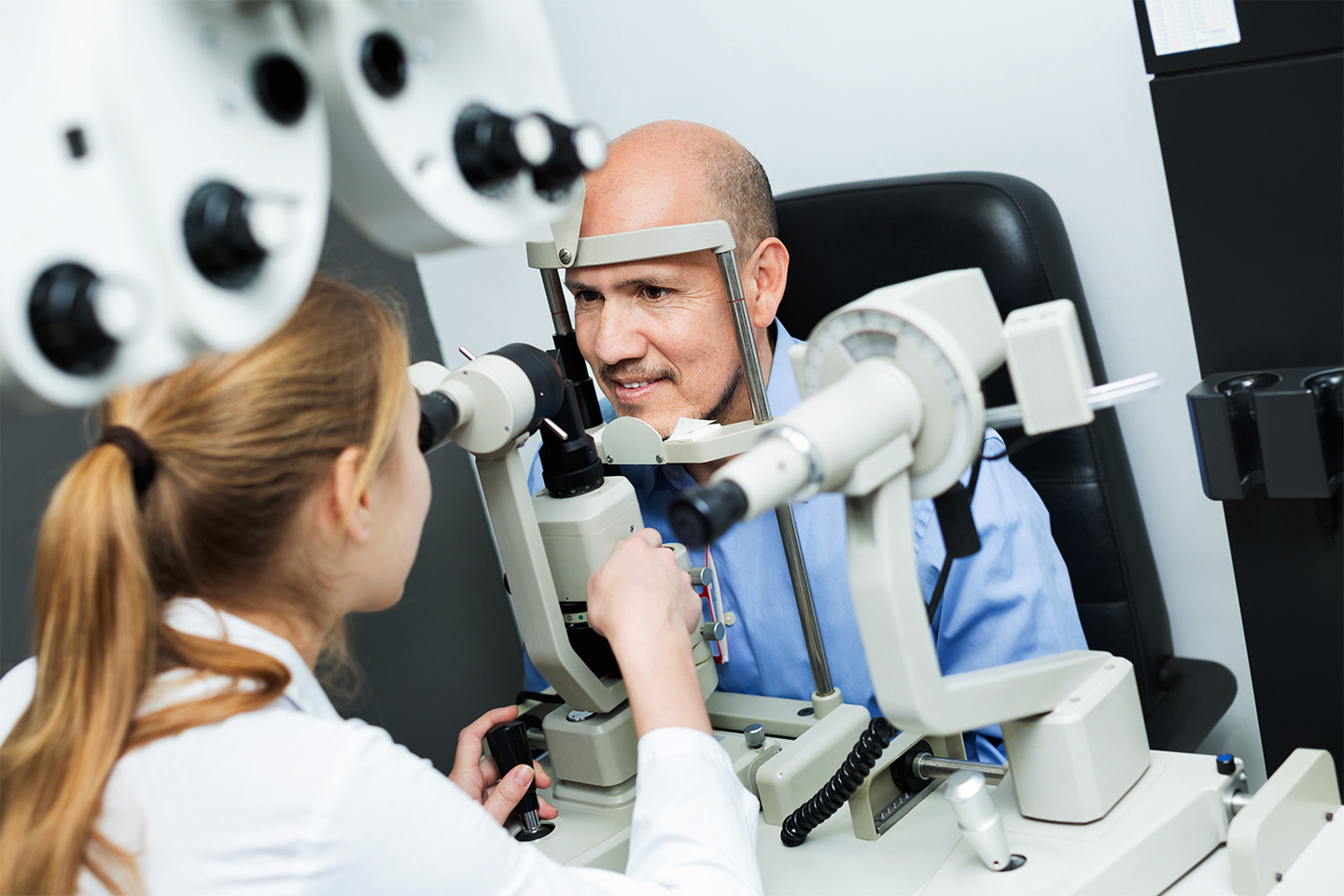How Long Does It Take to Recover from LASIK?


LASIK has been an effective way for millions of Americans to improve their eyesight, but many prospective patients still want to know more about the recovery process before committing to the procedure.
LASIK, or laser-assisted in situ keratomileusis, is a corrective eye procedure that can provide patients with long-term relief to a wide variety of vision problems. With more than 700,000 procedures expected to take place in 2020, LASIK is a popular choice for those looking for a quick, painless way to be able to enjoy daily activities without the need for glasses or contact lenses.
Despite its popularity, some patients still have questions or concerns about the LASIK procedure. Because the procedure involves peeling back the corneal flap and using lasers to reshape the cornea, many people are curious as to what the recovery process looks like. For example, how long does it take? Is there anything recuperating patients need to keep in mind? What happens if you experience any complications?
While the answers to these questions will vary from one patient to the next, there are several signposts that can give those thinking of LASIK a clearer picture of what the recovery process will be like. By taking the time to learn more, you can get the information you need to begin discussing whether the operation might be right for you with your eyecare specialist.
How Long Is the LASIK Recovery Process?
LASIK delivers noticeable results almost immediately, with patients usually noticing sharper vision within one to three days. The recovery process begins almost immediately, as well, meaning some patients are able to drive and return to work shortly after their procedures.
That said, it’s normal for patients to experience blurred vision and momentary changes in their eyesight in the weeks and months following their procedure. Typically, though, results stabilize by the six month mark, which is when eyecare specialists will take stock of their patients’ long-term progress.
Depending on each patient’s recovery experience, specialists may decide to perform a LASIK enhancement procedure. These are usually only necessary if fluctuations in eyesight or blurred vision continue six months after the initial procedure. However, by this point, most patients will be enjoying the permanent benefits of their LASIK operations.
What Should I Do While Recovering?
Patients who elect to have LASIK will need to speak with their eyecare specialists before and after the surgery to discuss the ins-and-outs of the recovery process. Doctors will likely prescribe eye drops to keep the eye lubricated during the healing process and painkillers to control any initial discomfort.
Additionally, patients should take a number of precautions to allow their eyes to heal fully. These include wearing protective sunglasses outside, avoiding physical activity that might increase the risk of eye injury, and refraining from using eye creams, makeup, or other topical products that might cause infection.
Who Can I Talk to About LASIK?
If you’re looking for vision correction that can help you enjoy daily activities without the need for glasses or contacts, LASIK might be a good option for you. With the right medical team at your back, you could be enjoying sharper, clearer vision in just a few days.
Curious to speak with an eyecare specialist about LASIK? Consider reaching out to the team at our Mesa and Chandler locations to learn more. Our doctors and support staff can help you decide on a vision correction plan that fits your lifestyle and your unique needs.









